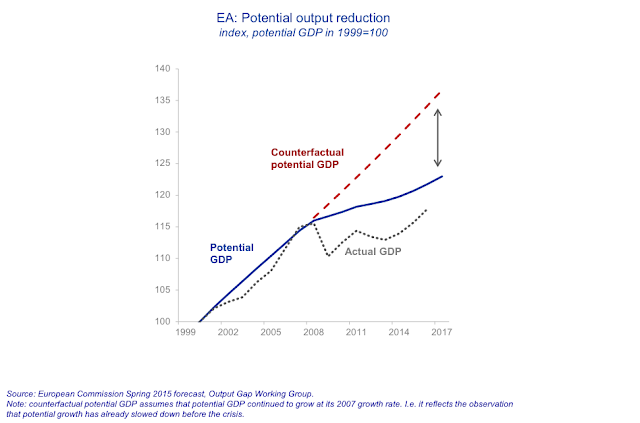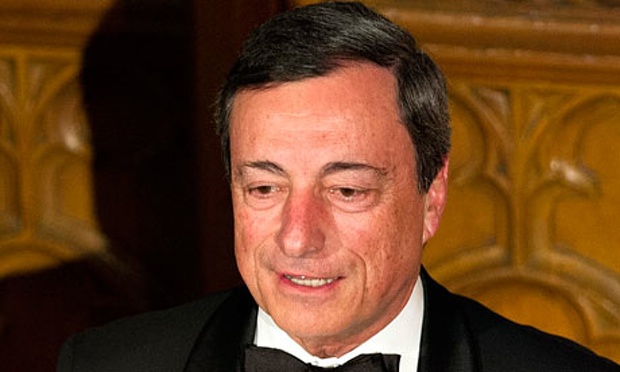The angry WASPIs

Back in 1995, the UK government made what was widely regarded at the time as a sensible and long-overdue change to state pension legislation. Since World War II, women had retired five years earlier than men, a sop to compensate them for their inability to clock up pensions of the same size as their spouses - and incidentally to enable men and women to retire at approximately the same time, since it was assumed that most men were older than their wives. But by the mid-1990s far more women were working, married women's income was taxed separately from their husbands', many were paying NICs large enough to qualify for pensions the size of men's, and - most importantly of all - they were outliving men. Many people, both men and women, believed that the earlier retirement of women was an anomaly which desperately needed eradicating. I was one of those people: when the Pensions Act 1995 raised women's retirement age to 65, I was pleased - even though it meant that I pers...




